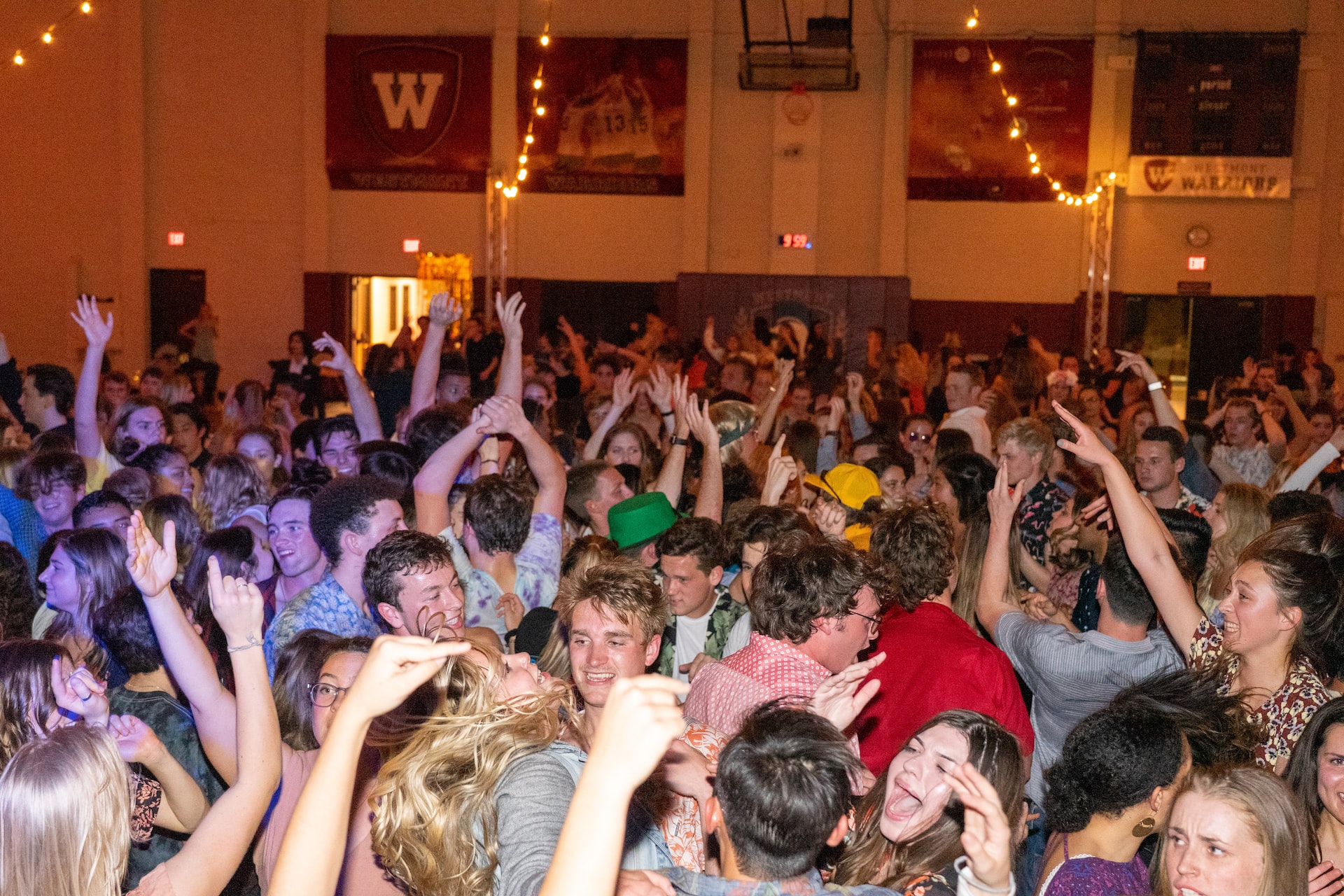
18 Nov What Is Disorderly Conduct?
Raging parties, yelling obscenities, and drunken behavior are all activities that land you a disorderly conduct charge. If the retired corrections director of Arizona can be charged with felony disorderly conduct for disturbing the peace with a firearm while drunk, so can you. Read on to learn about the different types of disorderly conduct crimes, and how they can impact your life if you’re convicted.
Definition of Disorderly Conduct in Arizona
Arizona penal code defines disorderly conduct as the intent to disturb the peace and quiet of a person, family, or neighborhood. This type of criminal disruption can include things like:
- Making an unreasonable amount of noise
- Using abusive or offensive language and/or gestures
- Fighting
- Violent behavior
- Refusing to move when asked in proximity to a crime scene, fire, or another emergency
- Recklessly handling, displaying, or discharging a deadly weapon
Common Examples of Disorderly Conduct
- Throwing large, loud parties
- Playing music at full volume early in the morning or very late at night
- Mowing lawns before 7 am
- Arguments or fights that are loud enough for neighbors to hear, or are outside your home (these can also be considered assault or domestic violence)
- Shouting abuse at passersby or neighbors, sober or intoxicated
- Making obscene gestures to passersby or neighbors, sober or intoxicated
- Refusing to stand behind police lines during fires or at crime scenes
Is There Jail Time for Disorderly Conduct?
If you are being charged with disorderly conduct, either a misdemeanor or felony, it can change the course of your life. Often, people with convictions lose the ability to get a fingerprint card, which can impact your job or job prospects. You might even have to serve jail time.
Background searches that show a disorderly conduct conviction can also impact housing opportunities. Even with Arizona’s current record expungement programs, there are still mandatory waiting periods before you can qualify to get your record hidden.
Here’s how misdemeanor and felony disorderly conduct charges are divided, and the penalties for conviction.
Class 1 Misdemeanor
Disorderly conduct involving noise, abusive or offensive language and gestures, fighting or violent behavior, and refusing to move during emergencies have a class 1 misdemeanor penalty.
While a judge could add additional penalties, class one misdemeanors have a maximum penalty of:
- Fines up to $2,500
- Probation for up to 3 years
- Jail time for up to 6 months
Class 6 Felony
Disorderly conduct crimes involving weapons automatically count as class 6 felonies. The penalties include:
- Jail time from 3 months up to 5 years and 9 months, depending on prior convictions
- The loss of the right to own a firearm in the state of Arizona
- The loss of your right to vote, along with other civil rights
An Experienced Lawyer Can Help You Avoid the Hassle of a Charge
If you’re facing class 1 misdemeanor or class 6 felony disorderly conduct charges, having a lawyer by your side can help you navigate the complexities of criminal court. Todd Coolidge has over 25 years of experience as a criminal defense attorney in Arizona, and he knows the ropes. Contact Todd Coolidge and Associates today for a consultation on your case, and take the next step toward a better outcome.
Images used under creative commons license – commercial use (11/16/22). Photo by Clayton Cardinalli on Unsplash.




